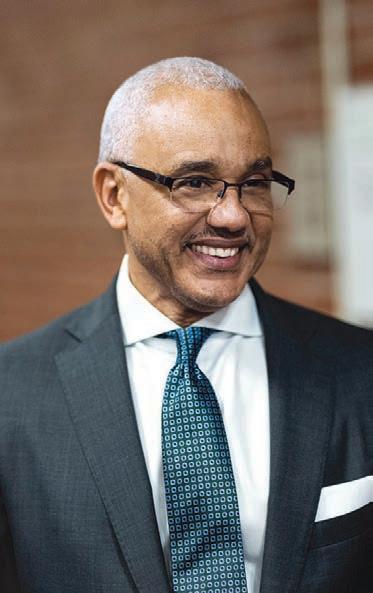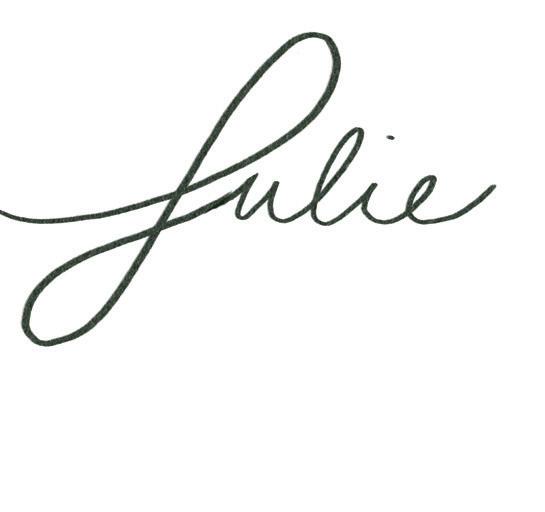
1 minute read
Forward Thinking
At universities across the country, what should be a core principle — the discussion of divergent opinions from different viewpoints — has bumped up against a bureaucratic desire to avoid conflict and uncomfortable conversations. Avoiding hard conversations is much too common on college campuses today. The trend is consistent with the growing tribalism in our national discourse, with each of us moving further into our own corners.
To create the best learning environment, colleges and universities need to be intentional about diversifying their student body and attracting learners from all backgrounds. Creating a diverse economic, ethnic and religious community is not just the right thing to do;
Advertisement
It Leads To A Stronger Institution
We’ve been intentional about this at Bentley. The Class of 2026 is our most diverse ever, and its members have the highest cumulative high school GPA of any first-year class in years.
But a diverse student body isn’t enough. I believe the most important facet of diversity is an embrace of differing and even contrarian opinions. This applies equally to viewpoints on the right and the left. I am as committed to protecting the right of expression of students on our campus who hold conservative political views as I am to defending those who hold liberal views.
“Protecting” students from disagreement and conflict is the antithesis of what a college should do.
As the middle ground in America continues to shrink, colleges can and should play a key role in showing students that it is OK to disagree . That not every argument is black and white. That it is a good thing to debate and listen and even change your mind.
This is difficult terrain to navigate. But know that, at Bentley, we are determined to lead the way As the students of today become the leaders of tomorrow, colleges and universities must provide the blueprint to improve the way our society communicates with each other even when we disagree — especially when we disagree.










